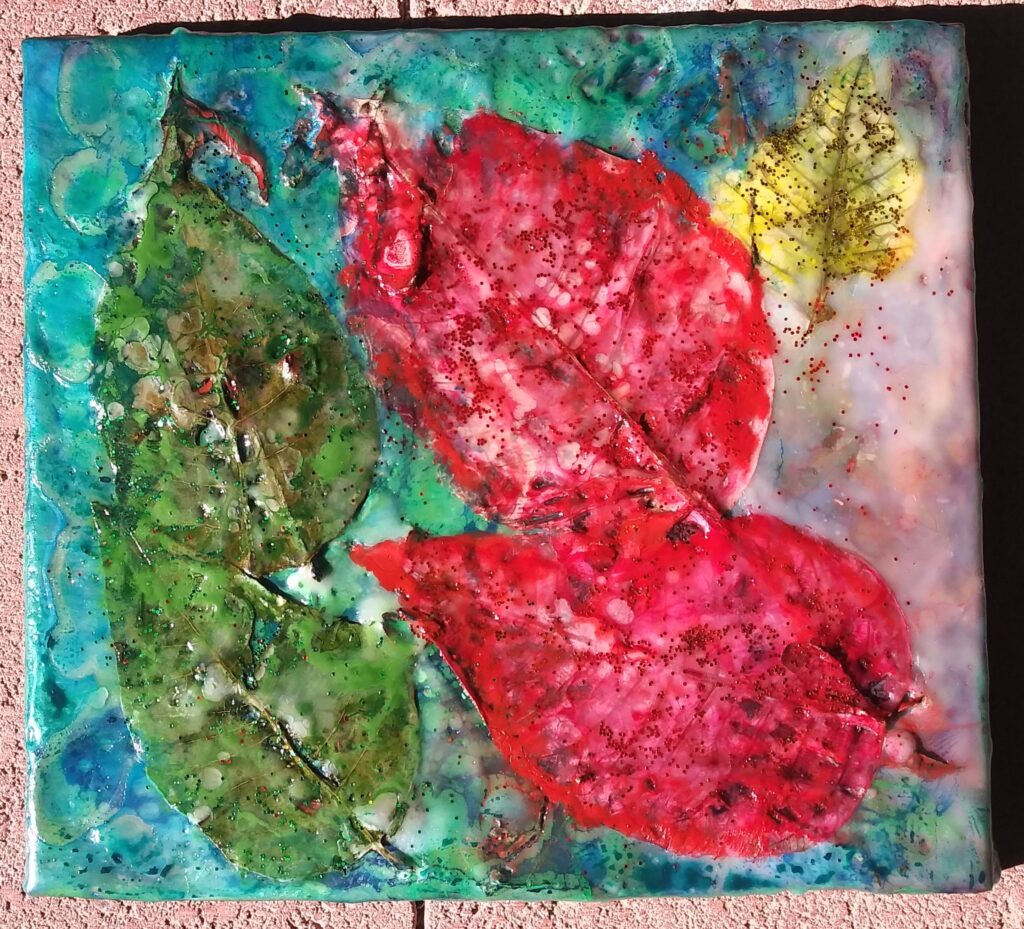Hawkeye is on a roll. This penultimate episode is delicious.
LEFTOVER NINE
A snowy, wooded landscape. Over, we hear Natasha’s voice from Black Widow tasking Yelena with curing the Widows of their mind control. 2018. Tucked in the woods, a small mansion.
Sneaking on the roof and entering are Yelena and a sidekick. Inside, they surprise Anna, another Widow. Pause, and they battle like crazy until Yelena can hold her down and hit her with the antidote. Turns out Anna wasn’t brainwashed, and all this is a chance for some exposition. Yelena has helped many Widows. “It’s hard watching them wake.” Anna asks, How is your sister? (Emphasize Yelena’s relationship to Natasha, for those not up on the latest Marvel storylines.)
Yelena steps into Anna’s powder room and splashes her face. A pixelated disintegration, and the room changes color around her. Out she comes to a different decor. Confused, she’s ready to attack. A man and child play quietly, and from the corner comes Anna. “You’re back!” (Another representation of what it felt like to return from the Blip. Wandavision did this, which I enjoyed.)
So now it’s five years later. Anna catches Yelena up on life. “I was in for five seconds and I’ve lost five years,” Yelena says. “I need to find Natasha.” A long beat as we remember that, if there’s been a Blip, Natasha is dead. The screen goes black, and the Marvel logo runs.
Continue reading “Ronin”